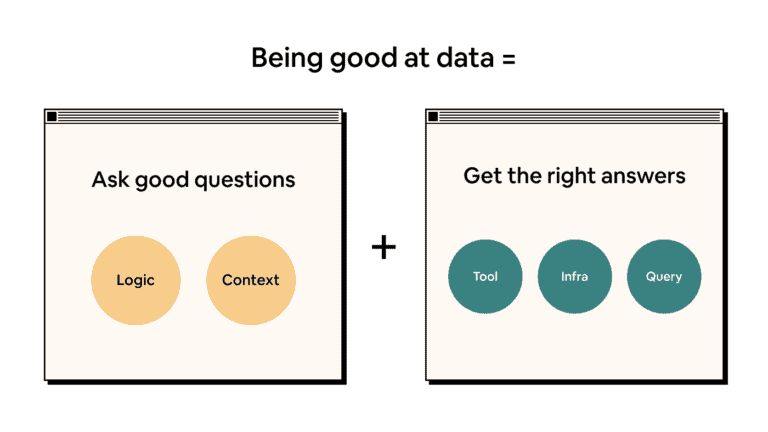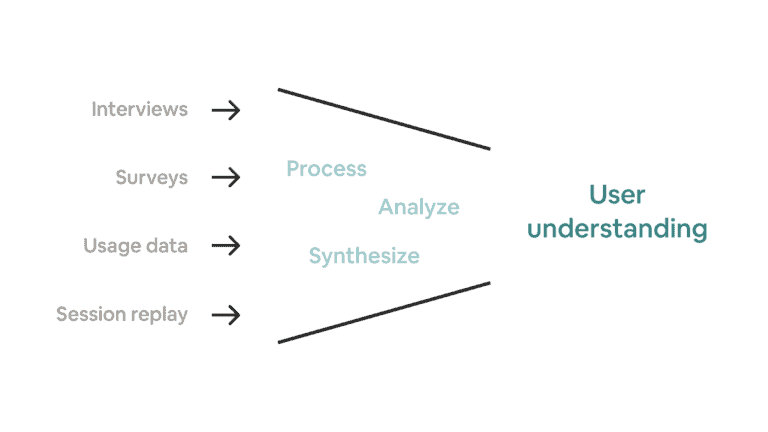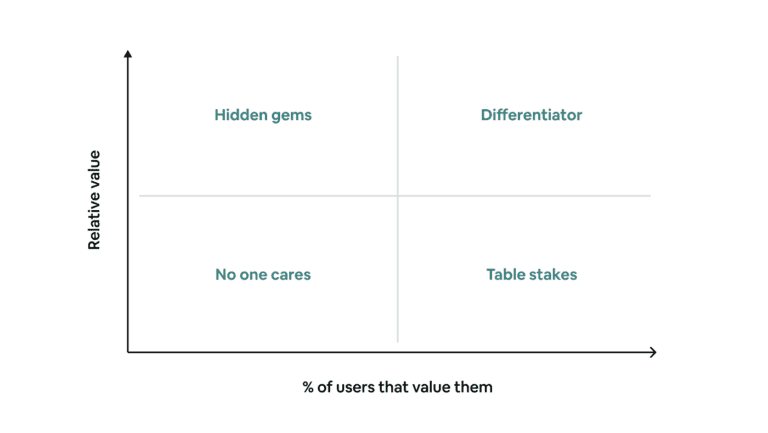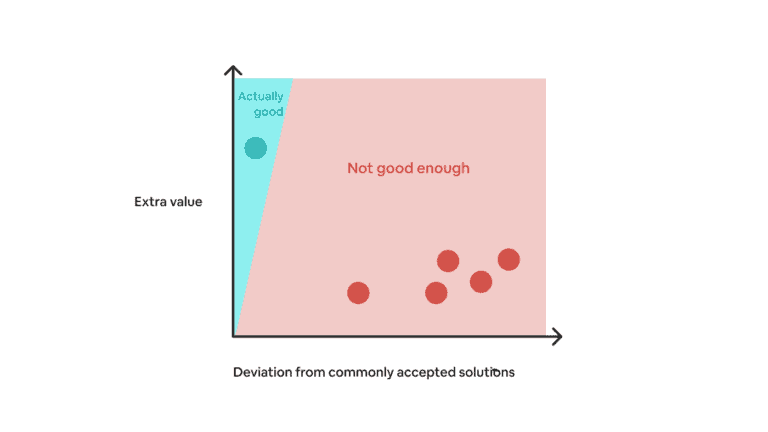Data is the foundation of product-led growth, and it takes proper steps to build that good foundation.
It always surprises me how many SaaS companies talk about predictive modeling and advanced data infrastructure when they can’t even get basic metrics right.
I think it boils down to one core problem — not focusing enough on “how to ask good questions.”
Companies tend to focus a lot on “how to get the right answers.” For example:
- How to write the right queries?
- What tools do we need?
- Who can perform the analysis?
While they’re all important, getting the right answers to the wrong questions is pointless.
For example, “What’s our retention rate?” is not a good enough question:
- Who? All users or paying customers?
- What type of retention? Logo, revenue, or usage?
- Retained since when? For how long?
- Relative to user lifecycle or calendar period
Defining a question begins with knowing “Why do you need this data? / How will the data help you act?” Essentially, it’s a logic exercise within the context of a business.
This can’t be solved by having a data team whose only job is to get answers. Yes, you need experts to define a good tracking plan, ensure data quality, set up data governance, and help with complex analyses, but they can only do so when taking part in question definition.
On top of that, the entire company, especially those who will act on the data — product, growth, marketing, sales — also need the skills to ask great questions or, at the very least, understand basic concepts like…
- When to use mean vs. median?
- What is statistical significance?
- What is sampling bias, false causality, survivorship bias..etc?
(Basically, Statistics 101.)
The best questions are crafted with both statistical and domain knowledge. It’s hard to do so when the execution team can’t contribute to the conversation. Companies that believe they can delegate these tasks to a “data” team without proper collaboration and integration within the organization do not fully understand the complexity and nuances of data analytics as a discipline. As a result, their data efforts tend to fail.
I do hope more SaaS startups cultivate company-wide data literacy before investing in fancy data tooling or complex data science projects.
You wouldn’t buy expensive golf clubs before you know how to hit a golf ball. Why would you do that when it comes to data?
If you spend time leveling up your team’s data skills (starting with workshops and courses), you will be surprised at how many basic metrics are not defined correctly and how many actionable insights you can unlock with the resources at hand.
When you are ready for the next stage, that solid data foundation will produce a much, much bigger impact on your product-led growth effort.




